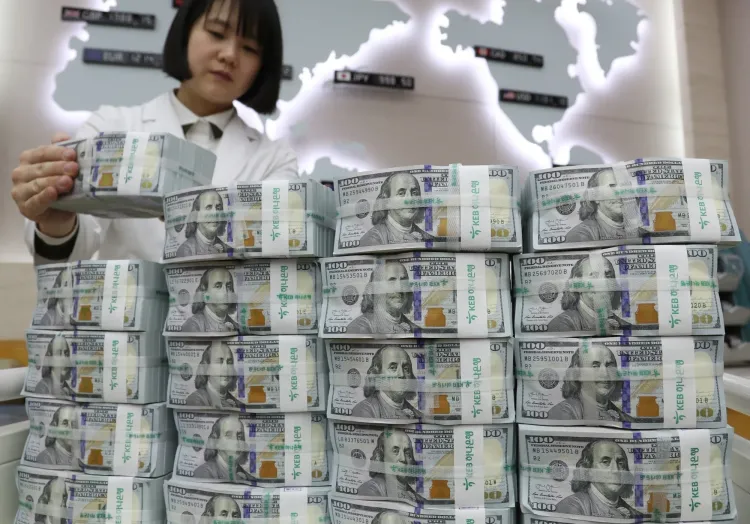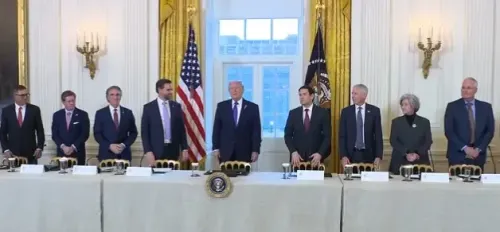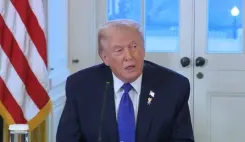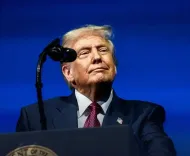Are South Korea and the US Addressing Currency Manipulation?

Synopsis
Key Takeaways
- South Korea and the U.S. are discussing currency manipulation designations.
- Finance Minister Koo Yun-cheol confirmed the completion of FX negotiations.
- Speculation exists regarding a potential currency swap line.
- South Korea remains on the U.S.'s monitoring list.
- Trade negotiations continue to seek resolution on tariffs.
Seoul, Sep 28 (NationPress) The presidential office announced on Sunday that discussions have taken place between South Korea and the United States regarding the potential designation of Seoul as a currency manipulator. This follows recent comments by Finance Minister Koo Yun-cheol concerning the allies' finalized foreign exchange (FX) discussions.
Upon his return from a trip to the U.S., Koo informed reporters on Saturday that the FX negotiations between South Korea and the U.S. have concluded and an announcement regarding the results will be forthcoming, as reported by Yonhap news agency.
His statements have ignited speculation about potential progress on Seoul's request for establishing a currency swap line with the U.S. This initiative aims to mitigate the possible impact on the FX market due to South Korea's significant investment proposal in the U.S.
Nevertheless, presidential spokesperson Kang Yu-jung clarified that the FX negotiations mentioned by Koo were distinct from those related to tariff discussions.
"The U.S. is evaluating whether to include other nations on its currency manipulator list. Currently, it appears South Korea has not been classified as a currency manipulator," Kang stated.
In June, the U.S. maintained South Korea on its list of countries subject to FX policy scrutiny, citing a trade surplus and current account surplus with the U.S. While South Korea is not labeled a currency manipulator, it has remained on the monitoring list since November 2024.
Concerning ongoing tariff negotiations with the U.S., Kang noted that the government is advancing discussions while emphasizing the importance of national interests.
Trade talks between South Korea and the U.S. have made little progress in finalizing the specifics of Seoul's US$350 billion investment commitment, which is tied to reducing U.S. tariffs on Korean goods from 25 percent to 15 percent.










